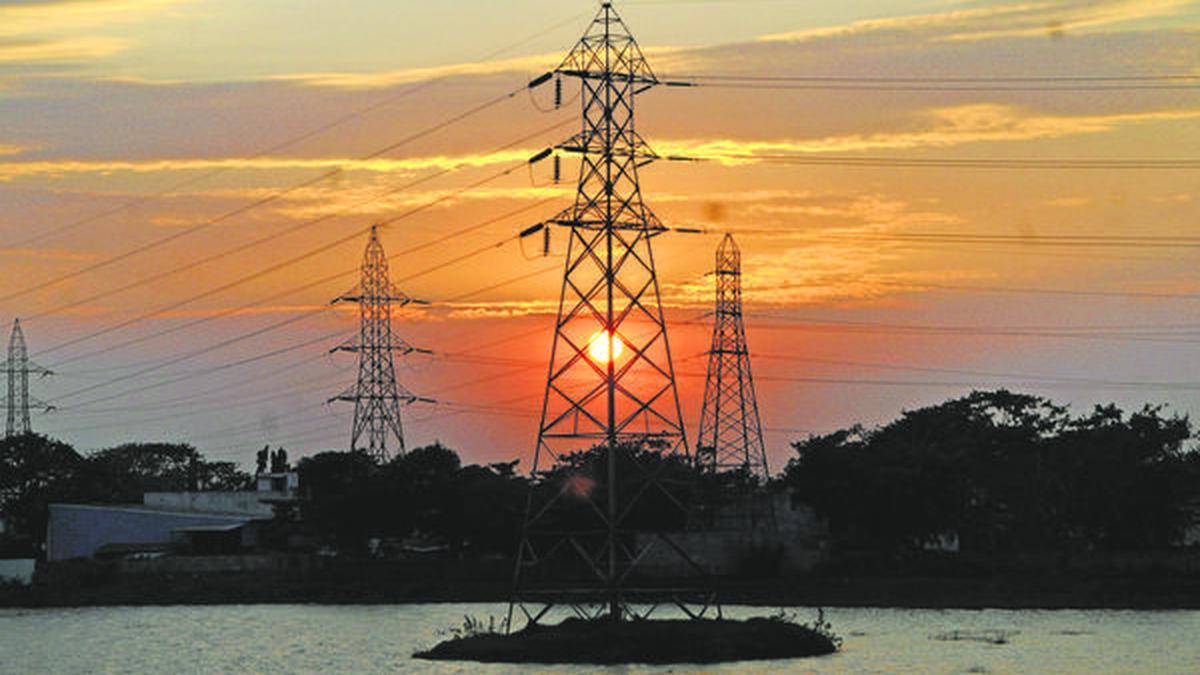
Tamil Nadu’s power deficit may vary depending on availability of 800-MW North Chennai unit
The Hindu
The availability of the North Chennai Thermal Power Station will determine Tamil Nadu's power deficit during the upcoming summer.
The availability of 800-MW North Chennai Thermal Power Station (NCTPS) would determine the power deficit situation in the State during the upcoming summer, according to a Resource Adequacy Assessment by the Southern Regional Load Despatch Centre (SRLDC).
Tamil Nadu saw a maximum all time high demand of 19,387 MW on April 20 last year. SRLDC expects the demand to grow 10% in the summer period of 2024.
According to data from Central Electricity Authority, the State’s peak power demand is expected to touch 20,806 MW in 2024 summer. Tamil Nadu has the highest power demand among Southern States.
Tangedco’s own thermal power capacity stands at 4,320 MW. Along with the State’s share from Central Generating Stations (CGS), and long-term and short-term power purchase agreements, the State’s conventional installed capacity stands at 16,417.38 MW.
Tangedco’s 800-MW NCTPS Stage III project is expected to be on stream during the summer period.
During the summer months, Tangedco meets the shortage in availability through short-term agreements, swap power arrangements and purchases from power exchanges.
In the best case scenario, if NCTPS availability is considered, a shortage of 5,000 MW is possible. Factoring in the power purchases, an average shortage of 1,000 MW and a maximum shortage of 2,800 MW is observed, SRLDC said.

The Karnataka government has drafted a comprehensive master plan for the integrated development of Kukke Subrahmanya temple, the State’s highest revenue-generating temple managed by the Hindu Religious Institutions and Charitable Endowments Department. The redevelopment initiative is estimated to cost around ₹254 crore and aims to enhance infrastructure and facilities for devotees.












